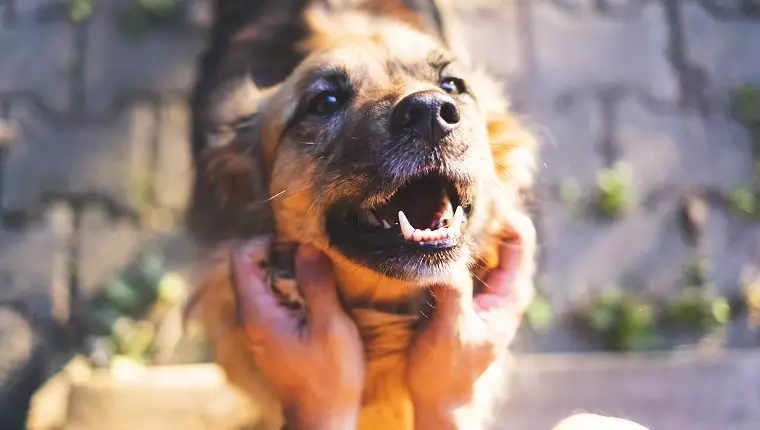Just as we prioritize our own health, it’s crucial to extend that care to our canine companions. Dental hygiene is often overlooked but forms a significant aspect of your dog’s overall health. Neglecting oral care can lead to serious health issues down the line, including heart disease and infections that can spread throughout the body. It may seem like a chore, but ensuring your dog’s teeth and gums are well-maintained is integral to their happiness and longevity.
Regular Inspections: The Foundation of Oral Health
Initiating a routine of inspecting your dog’s mouth weekly is a straightforward task that can yield significant benefits. Look for signs like brightly colored teeth—preferably white rather than yellow or brown—and healthily pink gums free of swelling or discoloration. If any disturbing changes are observed, such as excessive drooling or reluctance to chew, these could hint at underlying dental issues, warranting a prompt visit to the veterinarian.
Signs indicating that a dog may require professional dental attention also include persistent bad breath, misalignment of teeth, or any bumps inside the mouth. Each warning sign is a piece of the puzzle that can guide you in identifying whether it’s time to seek professional help.
Veterinary Check-Ups: A Non-Negotiable Aspect
Frequent visits to the veterinarian should also incorporate dental examinations into the care routine. Ideally, dogs should undergo these evaluations at least once or twice a year. Such check-ups are critical, as they allow a veterinary professional to thoroughly assess the condition of your dog’s teeth and gums, providing opportunities for early interventions if necessary.
Although the cost of professional cleanings may seem excessive, they play an invaluable role in preserving your dog’s dental health over time. A trained eye can catch issues before they escalate into bigger problems, ultimately saving you both time and money.
The Art of Brushing: Building a Routine from an Early Age
One of the best ways to maintain dental health at home is by brushing your dog’s teeth. While it may sound like an intimidating task, starting when they are puppies can lay the groundwork for a lifelong habit. Getting them accustomed to having their mouth handled is crucial. Introduce your dog to the sensation of brushing gradually, using your finger to apply a bit of dog-safe toothpaste. Engaging with them in a positive manner creates familiarity, transforming potential stress into a pleasant experience.
When choosing toothpaste, select formulas specifically designed for dogs. These are flavored with tempting options, such as chicken or beef, making the task more enjoyable for your pet. Avoid human toothpastes at all costs, as they can contain ingredients that are harmful to dogs.
Alternative Cleaning Solutions for the Reluctant Brusher
For those dogs that are less receptive to traditional brushing, don’t despair—there are a variety of alternatives. Dental wipes serve as a convenient solution for on-the-go oral care. While not as effective as brushing in deep cleaning, they can help manage plaque build-up.
Water additives have also gained popularity in the canine dental care arena. These can help keep harmful bacteria at bay and reduce tartar formation. However, always consult your veterinarian before introducing new products to ensure they are safe for your dog’s specific health requirements.
Food, Treats, and Toys: Natural Allies for Dental Hygiene
A well-balanced diet is crucial, not only for your dog’s overall health but also for maintaining clean teeth. Many veterinarians suggest opting for crunchy kibble over soft food, as the texture aids in scraping away plaque. Additionally, there are numerous dental treats available that are specially formulated to contribute to oral health, aiding in plaque reduction while also satisfying your dog’s chewing instincts.
Chew toys, particularly those designed with dental health in mind, can also offer interactive ways for your dog to keep their teeth clean. Make sure whatever you choose is safe and appropriately sized to avoid any accidents, as poorly made toys can be more harmful than beneficial.
Empowering Preventive Care
Preventing dental issues is an ongoing responsibility that every dog owner must embrace. By incorporating weekly inspections, scheduling regular vet visits, and establishing a dental hygiene routine, you greatly reduce the risk of severe ailments down the road. Effective prevention not only enhances your dog’s quality of life but also brings peace of mind to you as a responsible pet owner. Your furry friend deserves nothing less than a healthy, happy smile!

